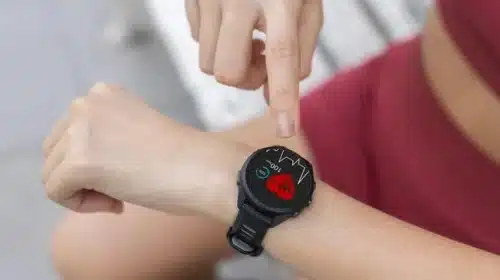The AI chip detects heart attacks in real time, helping save lives by allowing faster diagnosis with portable devices like smartwatches.

Heart disease—an umbrella term for conditions that can lead to heart attacks—is the leading cause of death in the country. To help tackle this, researchers at the University of Mississippi created a chip that uses artificial intelligence and advanced algorithms to analyze ECGs (electrocardiograms) and detect heart attacks as they happen.
The team aimed to implement a solution that is practical and real-world applicable. The goal was to create portable hardware suitable for wearable or monitoring devices. This approach has the potential to save lives by enabling real-time heart monitoring. While some labs focus only on software, neglecting the necessary hardware, this lab takes a holistic approach, considering the entire product. Each team member has a specific responsibility, but collaboration is key. By focusing on the overall system architecture, they optimize the entire solution.
The chip achieves 92.4% accuracy, surpassing many current methods, and is compact and energy-efficient enough to be integrated into wearable devices. The researchers led the development of the artificial neural network, while Md. Rahat Kader Khan worked on the device’s software.
Current methods for detecting heart attacks often require a hospital visit, where patients typically undergo an ECG or blood test to confirm the diagnosis—delays that can cost crucial time.
Researchers believe wearable devices, such as phones or smartwatches, could speed up diagnosis and help patients receive treatment more quickly.
They emphasize that early treatment is critical in heart attacks, as faster intervention reduces the risk of lasting damage. The team is continuing to refine the technology and sees potential for broader use across healthcare.
Their goal is to develop tools that can detect or predict various conditions—whether heart attacks, seizures, or dementia—by finding faster and more efficient diagnostic methods tailored to each disease.








